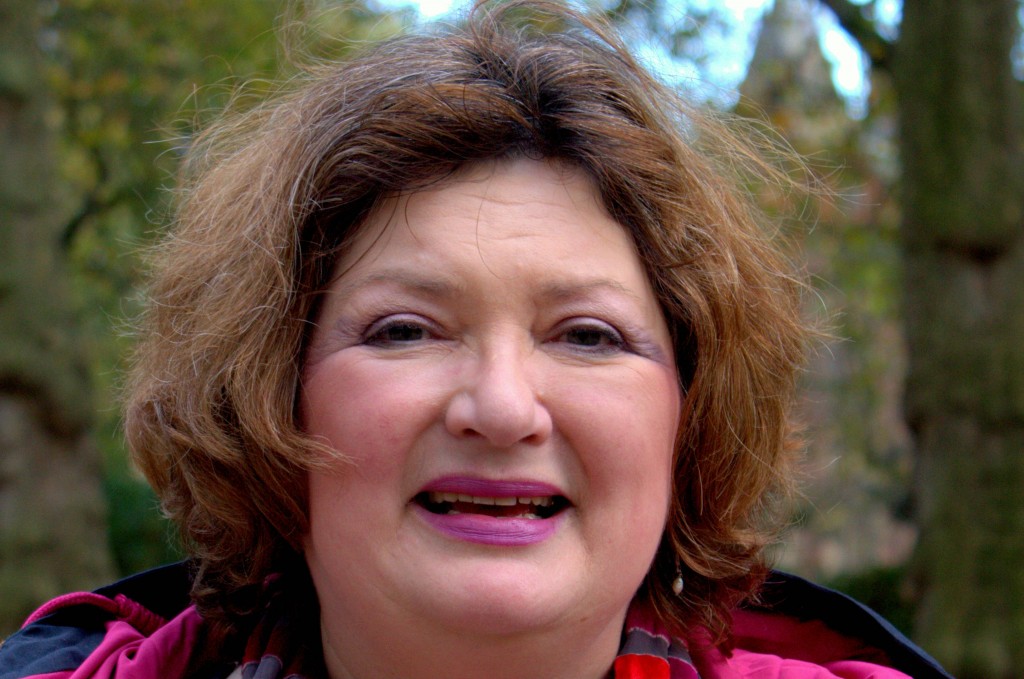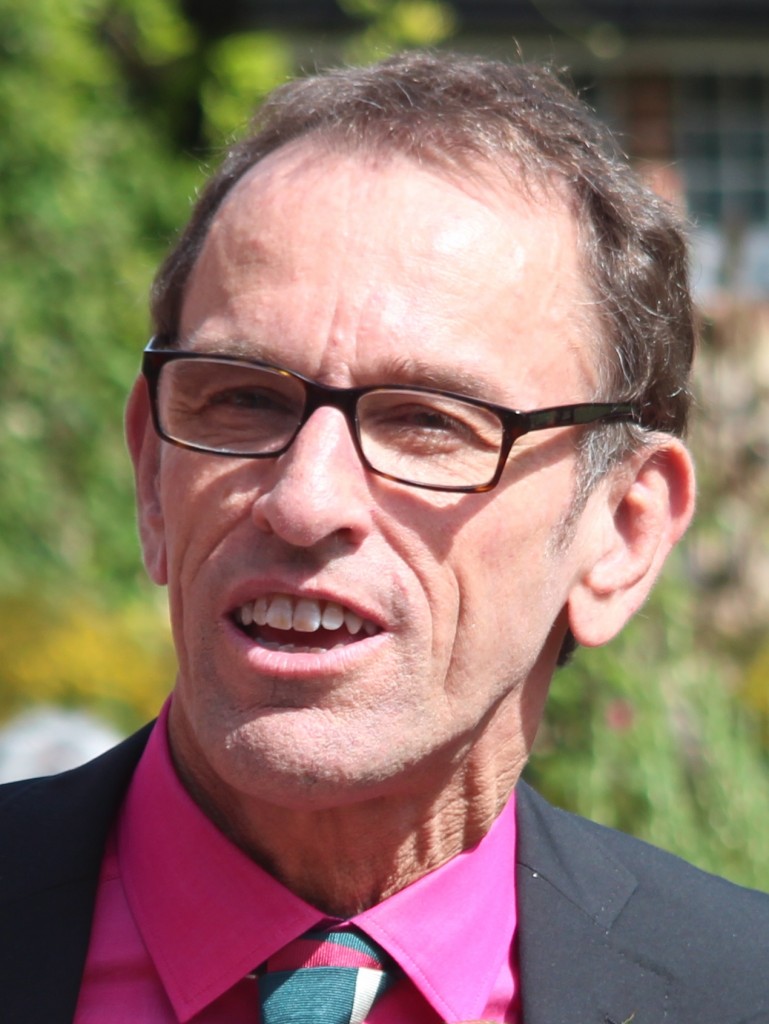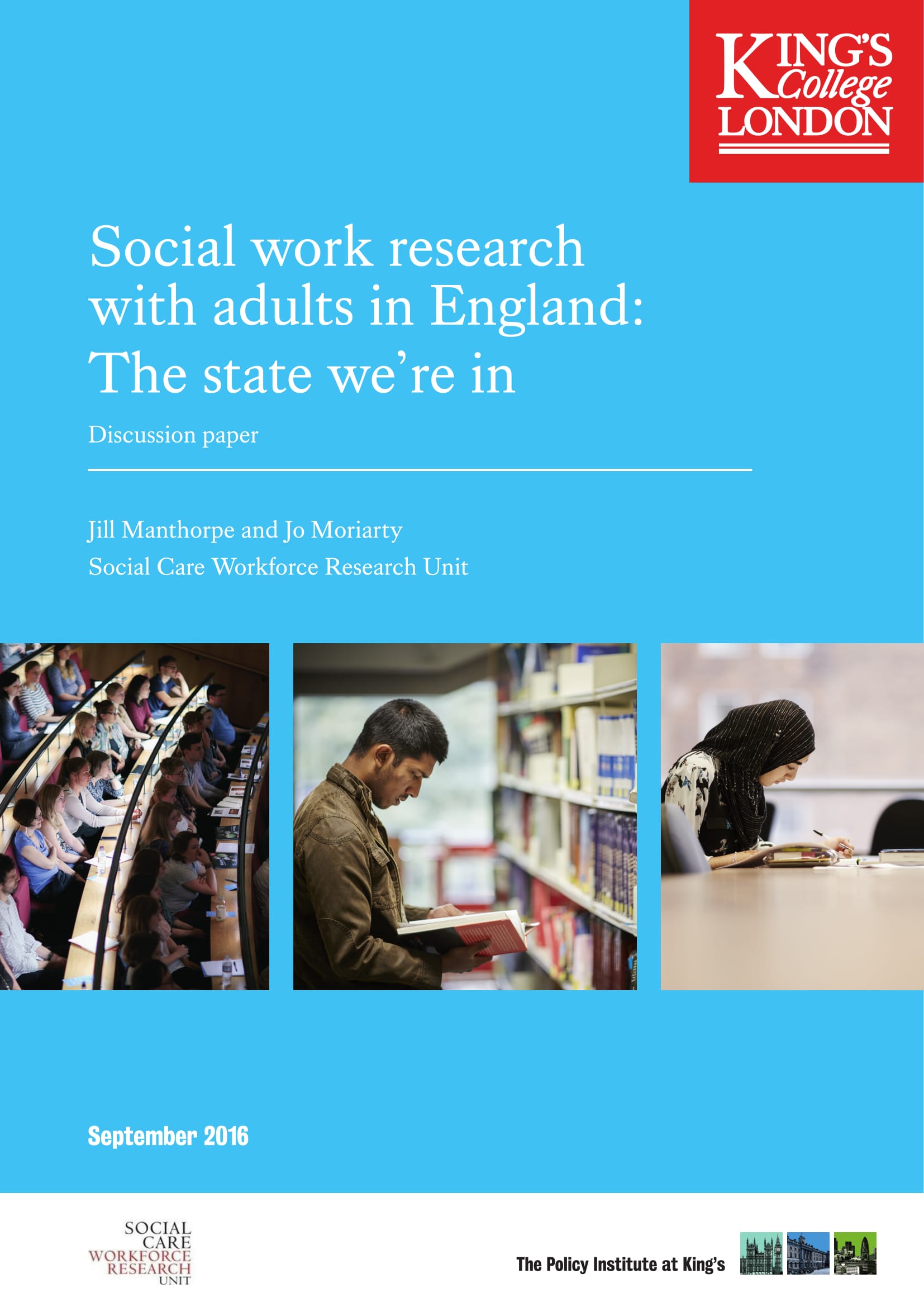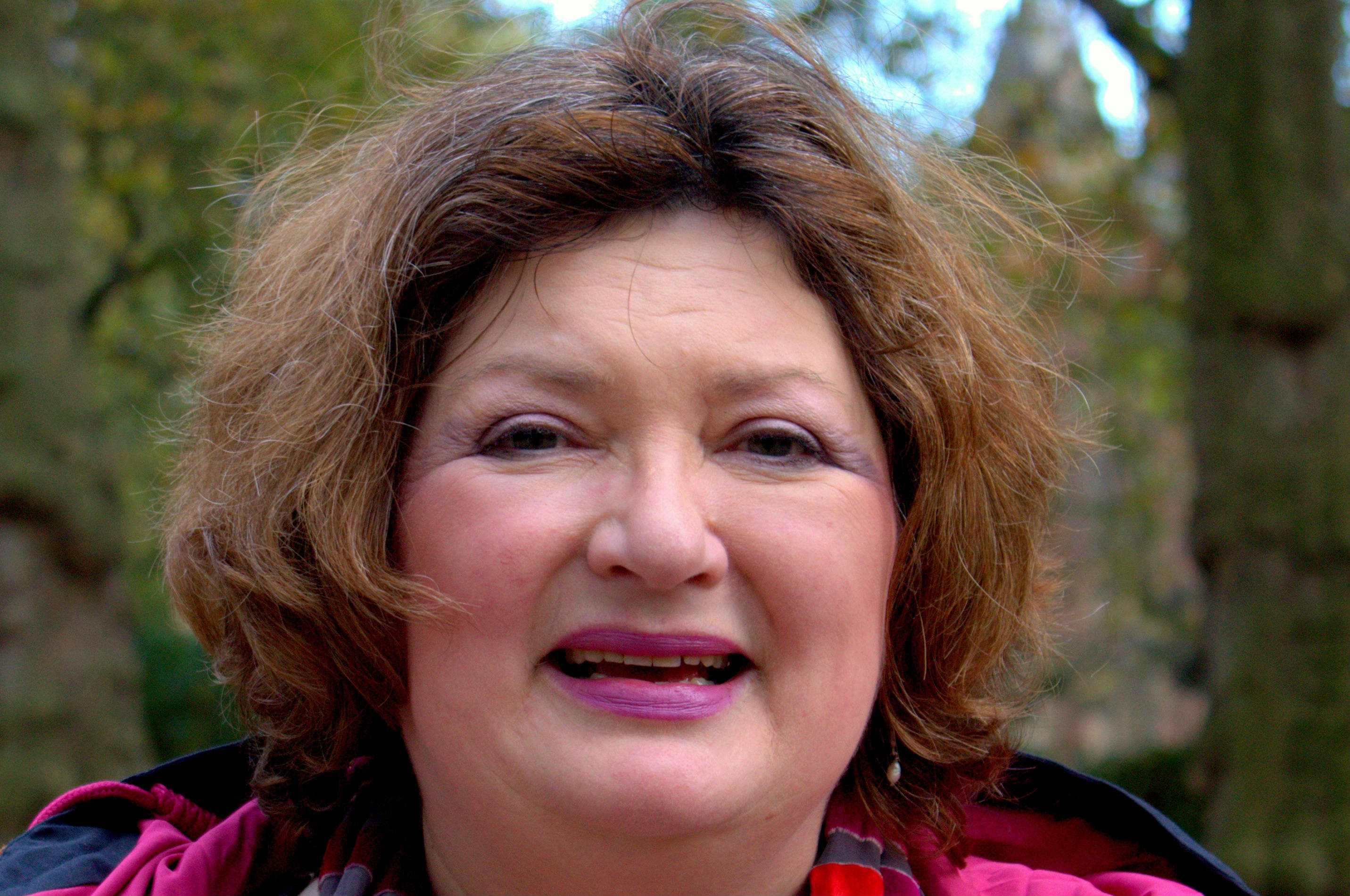
by Jo Moriarty
Two weeks ago I went to Greenwich Pensioners Forum. Last week I was at the Hackney Older People’s Reference Group. In the last month, Unit Director Jill Manthorpe and I must have spoken to almost 500 older Londoners at various meetings. Without exception, the discussions have been lively and well-informed but running through them has been uncertainty about the future of social care support for older people.
These experiences made me question a widely held assumption about how baby boomers, those born between 1948 and 1964, will experience old age. I have lost count of the times that I have heard commentators, policymakers, and researchers tell me that services for older people will improve because baby boomers have higher expectations and will demand good quality support. So that’s why reports such as ‘Close to Home’, undertaken by the Equality and Human Rights Commission, express concerns about the quality of care services and Age UK organises a ‘care in crisis’ petition. It’s simply a question of older people upping their expectations!
Some years ago I was sitting next to a member of our Service User and Carer Advisory Group listening to yet another lecture looking forward to this new dawn. She has been a campaigner and activist throughout almost all her life. I asked her what she thought of the views being expressed. ‘Oh, I don’t think the baby boomers will find it so easy’, she replied. ‘They don’t know how to act collectively’. Perhaps she is right. After all, individualism has been identified as a core value of the baby boomers.
Recently, in a discussion on the radio programme You and Yours about the proposal to allow 16 and 17 year olds in Scotland to vote in the referendum on independence, Ben Page of Ipsos MORI said that if their turnout was anything like that of 18-24 year olds, their votes would be unlikely to influence the result. Perhaps it’s significant, he added, that older people are more likely to vote and benefits for older people such as the winter fuel allowance have remained untouched. This discrepancy between older and younger voters is especially high in the United Kingdom where in the last general election, 84 per cent of people aged 55 and over voted compared with 61 per cent overall.
It’s true that many older people don’t feel that they have enough information about what support is available and how to access it and the increasing reliance on websites alone as an information source means there is a risk that the digital divide will widen. At the moment, less than a third of those aged 75 and over have ever used the internet, an important statistic in the light of proposals for online information and advice in the Care and Support White paper.
However, we also should not forget that public knowledge of how social care is funded remains very low. The literature review carried out as part of the Dilnot Commission on the Funding of Care and Support quotes one survey reporting that a third of people still think that local councils provide free home care! As changes take place as a result of the Care and Support White Paper and as local councils tighten their eligibility criteria, I wonder how many baby boomers envisage what their future care needs might be and how they will be able to fund them.
Jo Moriarty is a Research Fellow at the Social Care Workforce Research Unit at King’s College London and tweets as @Aspirantdiva. Jo is speaking about her research project, Social care practice with carers: an investigation of practice models at the School for Social Care Research on 7 November.

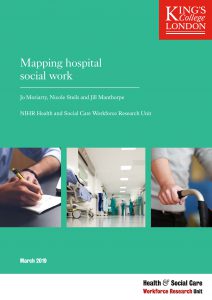
 The 18th International Conference on Integrated Care was hosted by the International Foundation of Integrated Care (IFIC) in partnership with the National Institute of Public Health and the Environment (RIVM and Vilans (the National Centre of Expertise for Long-term Care in the Netherlands) in Utrecht from 23-25 May 2018. Michelle Cornes and I were both fortunate to be among the 800 or so delegates attending the conference.
The 18th International Conference on Integrated Care was hosted by the International Foundation of Integrated Care (IFIC) in partnership with the National Institute of Public Health and the Environment (RIVM and Vilans (the National Centre of Expertise for Long-term Care in the Netherlands) in Utrecht from 23-25 May 2018. Michelle Cornes and I were both fortunate to be among the 800 or so delegates attending the conference.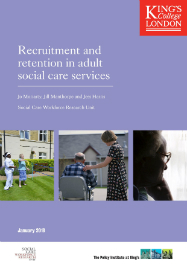

 Jo Moriarty
Jo Moriarty